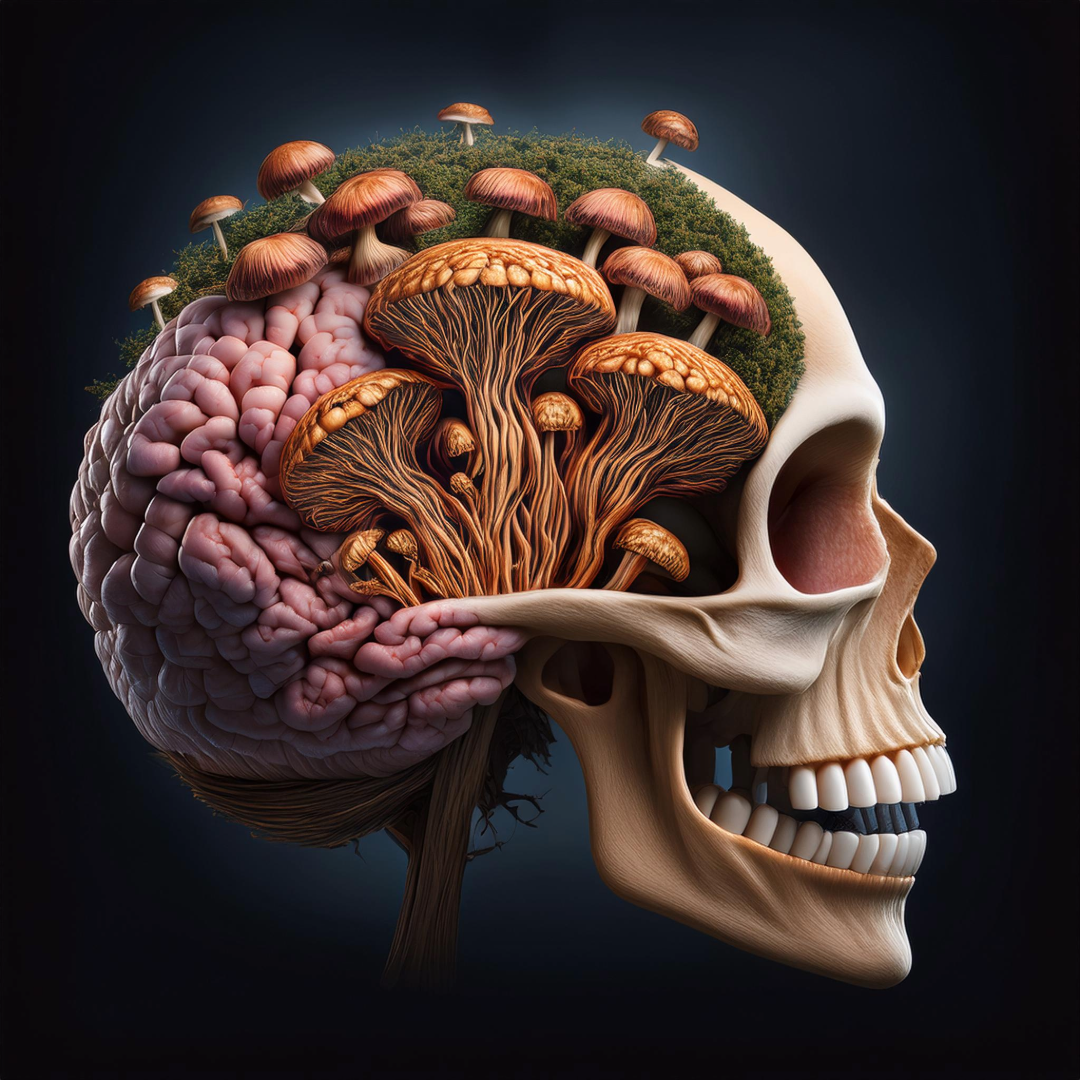The fear of doing poorly on a test is the worst. Just the worst. Tests are stressful because everything depends on how well you do – your ability to get into a good college, a job, your happiness, your parents’ happiness. It’s a lot to leave up to a pencil, a piece of paper, and your brain. But there are some simple tips and tricks you can use to help you ace your next exam.
Study When You’re Sleepy
I know. It seems counterintuitive. You feel like you’d be less likely to remember something if you were to study and fall asleep in your book. That is not good time to study. You want to study when you’re just a little tired and then go to sleep a little later.
The trick here though, isn’t to study for hours on end. Your huge study sessions should be done further away from the test.
Just study something for a few minutes. A study found that after a good night’s sleep, participants remembered unrelated word pairs better if they studied them 30 minutes prior to falling asleep. Related word pairs were also tested, but there was no noticeable difference whether they were studied 30 minutes before bedtime or 12 hours before bed time.
The takeaway here is that this is most valid for new information. In other words, glancing over your notecards you’ve prepared beforehand a half hour before bed won’t necessarily help create a stronger memory. However, reading over new material a half hour before you go to sleep can help you remember the information later. Glancing ahead or looking over material quickly that you haven’t read before is perfect.
Exercise After You Study
A recent study compared the recall of 72 men and women. Half did interval training 35 minutes after they were showed images and asked to remember their locations on a computer screen. The other half did the same exercise 4 hours later. Two days later, they were tested on their ability to remember where the images were located.
Remarkably, the people that exercised 4 hours later had much better memory retention. More research needs to be done to figure out why exactly this happened. But for now, plan your exercise around studying. Do a short, half hour study session, eat, have fun with your friends, and then exercise 4 hours later.
Stop Stressing
Anxiety is a test-killer and a study-killer. It happens all the time. You’re so worried about getting an A on the exam that you wind up fulfilling the prophecy you’ve worked out in your mind.
R-E-L-A-X
Everything will be fine if you believe it will be. Go for a hike. Find a waterfall if you can. Breathe clean air and let your worries melt away for a half hour. Try meditating for 10 minutes. Whatever it is you do, make sure you don’t get caught up in it so much that you forget to get back to studying. Example: Don’t try playing video games for just a half hour. That half hour is going to turn into an hour and then two hours.
When you’re less stressed, you’re more likely to be able to remember. Start using your brain for good instead of letting it destroy itself!
You can completely de-stress in as little as 2 minutes.
Slowly breathe in through your mouth for 6 seconds while saying “Reeeeeee”. The idea is to slow yourself down; so yes, 6 seconds. Take your time. It’s a little difficult to do at first. Then breathe out for 6 seconds and say, “Laxxxxxxxx”. You can time yourself for 2 minutes or do it 10 times. You’ll be getting much needed oxygen to your blood and brain and you’ll slow your heart rate.
Since it only takes a few minutes, you can even do it during a test. Just be sure to keep your “Reee” and “Laxxx” quiet so your desk neighbor doesn’t get distracted.
Remove Distractions
This is easily one of the biggest problems people have with studying. There’s too much else going on. It could be your roommate and his loud music/friends/strange pet or any social network. If there’s something you enjoy doing more than studying, human nature is to do that thing instead.
If your roommate won’t let you study, head to the library. Or the lobby. Or even outside. And if the internet is too much of a distraction and you don’t need it, then just disable your WiFi and put your cellphone on airplane mode.
If you need the internet and you really can’t avoid going to your favorite sites, then download SelfControl. It blocks sites for a time you specified and there’s no turning it off until the time’s run out – even if you delete it. It’s perfect for those times when your self-control is lacking.
Set Up Your Space
The more easily you can get right down to studying, the better. There are a couple of keys to setting up your space. The first is to designate a time every day for studying. This is called “priming.” By establishing a routine, you’re letting your brain know that it’s time to start learning.
The other part is to get everything you need in your space where you’ve decided to study. That means pencils, pens, highlighters, tabs… If you need to print something, check and make sure the computer lab you go to has ink and paper before you even sit down.
Get absolutely anything you think you’ll possibly need because if you’re missing something, you’re going to cause a lapse in concentration, add to your anxiety, and you’ll waste time by having to find what you need.
Ultimate Tip: Act It Out
Do you want to never forget what you’ve learned again?
Then this is exactly what you need. Turn The Tempest into a triste at a bar. Make comedy out of history. The loss of lives and dates are never funny. But that doesn’t mean they can’t be acted out in hilarious ways. Put it in a modern context and thug it up.
Taking the time to do this will positively cement whatever you’re trying to remember in your mind for a few reasons.
- You’re involving emotion. Emotion builds the strongest memories. When you take a walk, you don’t remember the faces of random passersby, but if one of them is making a funny face or one pulls out a gun, you’ll remember that.
- You’re making your lesson more than just words on a page. It’s hard to remember information that doesn’t mean anything to you. By turning a history lesson into something new and different, you’ve taken it off the page.
- You’re applying what you’ve learned whether you realize it or not. It’s much easier to remember something that you can contextualize than it is to memorize something written in Olde English.





5 Habits to Boost Brain Health
The Human Brain: A Quick Overview